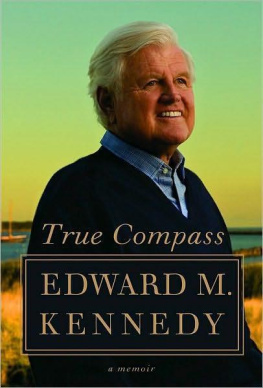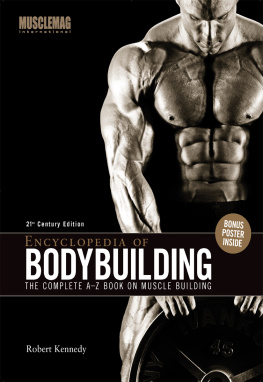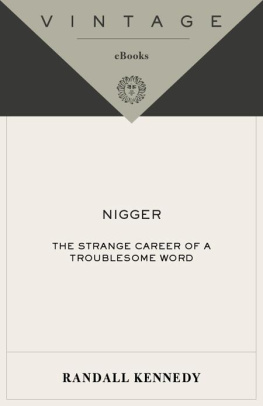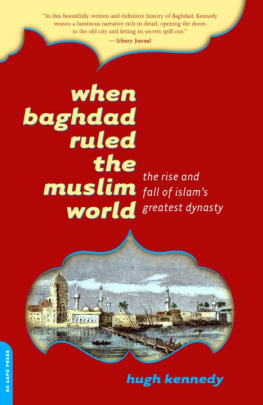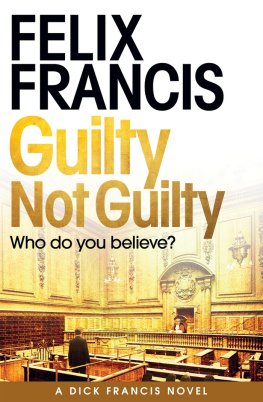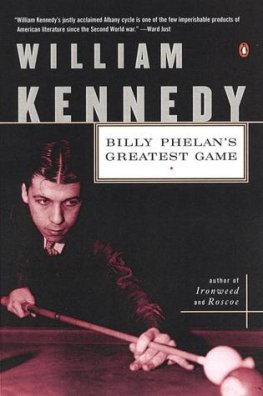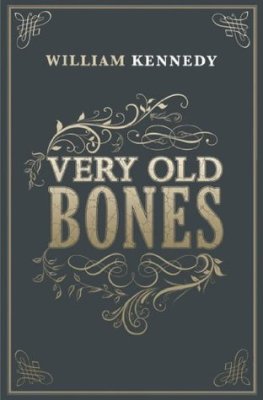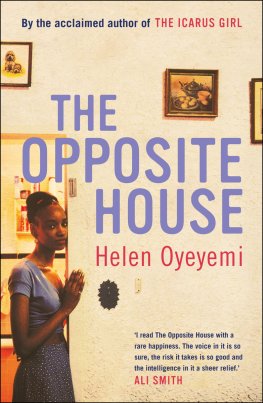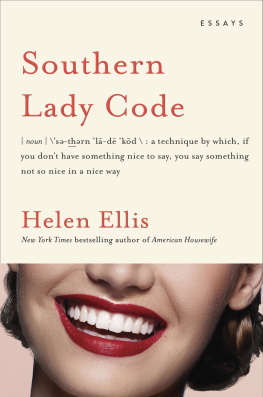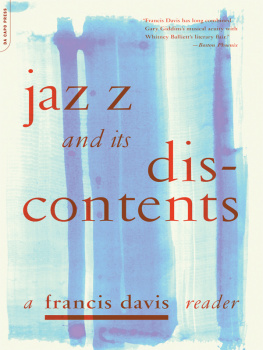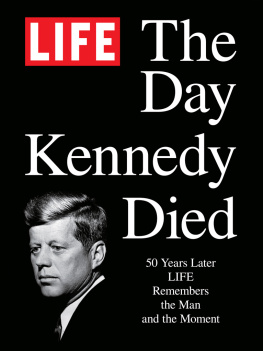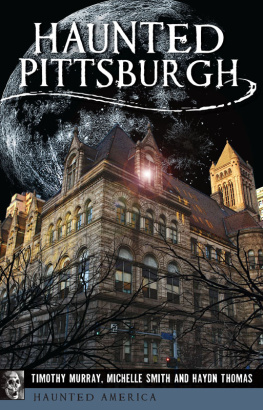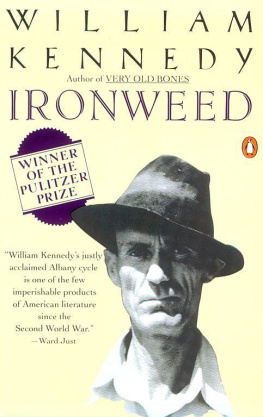Praise for William Kennedy:
Kennedy is a writer with something to say, about matters that touch us all, and he says it with uncommon artistry
Washington Post
Kennedys power is such that the reader will follow him almost anywhere, to the edge of tragedy and back again to redemption
Wall Street Journal
Kennedys art is an eccentric triumph, a quirky, risk-taking imagination at play upon the solid paving stones, the breweries, the politicos and pool sharks of an all-too-actual city
The New York Review of Books
His smart, sassy dialogue conveys volumes about character. His scene setting makes the city throb with life
Newsday
What James Joyce did for Dublin and Saul Bellow did for Chicago, William Kennedy has done for Albany, New York: created a rich and vivid world invisible to the ordinary eye
Vanity Fair
His beguiling yarns are the kind of family myths embellished and retold across a kitchen table late at night, whiskified, raunchy, darkly funny
Time
William Kennedys Albany Cycle is one of the great achievements of modern American writing
Daily Mail
William Kennedy is pre-eminent among his generation of writers... Kennedy is peerless in the depth and acuity of his sustained vision, and the lost, past world of Albany says more to us today about the current state, about the heart and soul, of American politics than any recent bestselling, Hollywood-pandering political thriller has ever done
Spectator
Kennedys writing is a triumph: he tackles topics in a gloriously comic, almost old-fashioned language. You feel Kennedy could write the Albany phone book and make it utterly entertaining
Time Out
Kennedy proves to be truly Shakespearean
The Sunday Times
Kennedy is one of our necessary writers
GQ

ALSO BY WILLIAM KENNEDY
FICTION
The Ink Truck
Legs
Billy Phelans Greatest Game
Quinns Book
Very Old Bones
The Flaming Corsage
Roscoe
Changs Beads and Two-Tone Shoes
NONFICTION
O Albany!
Riding the Yellow Trolley Car
WITH BRENDAN KENNEDY
Charlie Malarkey and the Belly-Button Machine
Charley Malarkey and the Singing Moose

First published in the USA by Viking Penguin Inc. 1983
This ebook edition published by Simon & Schuster UK Ltd, 2011
A CBS COMPANY
Copyright William Kennedy, 1979, 1981, 1983
This book is copyright under the Berne Convention.
No reproduction without permission.
All rights reserved.
The right of William Kennedy to be identified as author of this work has been asserted in accordance with sections 77 and 78 of the Copyright, Designs and Patents Act, 1988.
Simon & Schuster UK Ltd
1st Floor
222 Grays Inn Road
London WC1X 8HB
www.simonandschuster.co.uk
Simon & Schuster Australia Sydney
Simon & Schuster India Delhi
A CIP catalogue record for this book is available from the British Library
ISBN: 978-0-74326-306-1
eBook ISBN 978-1-84983-836-8
This book is a work of fiction. Names, characters, places and incidents are either a product of the authors imagination or are used fictitiously. Any resemblance to actual people living or dead, events or locales is entirely coincidental.
BYE BYE BLACKBIRD Words by Mort Dixon/Music by Ray Henderson 1926 (Renewed) Ray Henderson Music Corp.,/Old Clover Leaf Music,/Redwood Music Ltd. All Rights Reserved International Copyright Secured Lyric reproduction by kind permission of Redwood Music Ltd.
Typeset by Hewer Text UK Ltd
Printed and bound by CPI Group (UK) Ltd, Croydon CRO 4YY
This book is for four good men:
Bill Segarra, Tom Smith,
Harry Staley, and Frank Trippett.
Tall Ironweed is a member of the Sunflower Family (Asteraceae). It has a tall erect stem and bears deep purple-blue flower heads in loose terminal clusters. Its leaves are long and thin and pointed, their lower surfaces downy. Its fruit is seed-like, with a double set of purplish bristles. It flowers from August to October in damp, rich soil from New York south to Georgia, west to Louisiana, north to Missouri, Illinois and Michigan. The name refers to the toughness of the stem.
Adapted from the Audubon Societys
Field Guide to North American Wildflowers
To course oer better waters now hoists sail the little bark of my wit, leaving behind her a sea so cruel.
Dante, Purgatorio

Riding up the winding road of Saint Agnes Cemetery in the back of the rattling old truck, Francis Phelan became aware that the dead, even more than the living, settled down in neighborhoods. The truck was suddenly surrounded by fields of monuments and cenotaphs of kindred design and striking size, all guarding the privileged dead. But the truck moved on and the limits of mere privilege became visible, for here now came the acres of truly prestigious death: illustrious men and women, captains of life without their diamonds, furs, carriages, and limousines, but buried in pomp and glory, vaulted in great tombs built like heavenly safe deposit boxes, or parts of the Acropolis. And ah yes, here too, inevitably, came the flowing masses, row upon row of them under simple headstones and simpler crosses. Here was the neighborhood of the Phelans.
Franciss mother twitched nervously in her grave as the truck carried him nearer to her; and Franciss father lit his pipe, smiled at his wifes discomfort, and looked out from his own bit of sod to catch a glimpse of how much his son had changed since the train accident.
Franciss father smoked roots of grass that died in the periodic droughts afflicting the cemetery. He stored the root essence in his pockets until it was brittle to the touch, then pulverized it between his fingers and packed his pipe. Franciss mother wove crosses from the dead dandelions and other deep-rooted weeds; careful to preserve their fullest length, she wove them while they were still in the green stage of death, then ate them with an insatiable revulsion.
Look at that tomb, Francis said to his companion. Aint that somethin? Thats Arthur T. Grogan. I saw him around Albany when I was a kid. He owned all the electricity in town.
He aint got much of it now, Rudy said.
Dont bet on it, Francis said. Them kind of guys hang on to a good thing.
The advancing dust of Arthur T. Grogan, restless in its simulated Parthenon, grew luminous from Franciss memory of a vital day long gone. The truck rolled on up the hill.
FARRELL , said one roadside gravestone. KENNEDY , said another. DAUGHERTY , MCILHENNY , BRUNELLE , MCDONALD , MALONE, DWYER , and WALSH , said others. PHELAN , said two small ones.
Francis saw the pair of Phelan stones and turned his eyes elsewhere, fearful that his infant son, Gerald, might be under one of them. He had not confronted Gerald directly since the day he let the child slip out of its diaper. He would not confront him now. He avoided the Phelan headstones on the presumptive grounds that they belonged to another family entirely. And he was correct. These graves held two brawny young Phelan brothers, canalers both, and both skewered by the same whiskey bottle in 1884, dumped into the Erie Canal in front of The Black Rag Saloon in Watervliet, and then pushed under and drowned with a long stick. The brothers looked at Franciss clothes, his ragged brown twill suit jacket, black baggy pants, and filthy firemans blue shirt, and felt a kinship with him that owed nothing to blood ties. His shoes were as worn as the brogans they both had been wearing on the last day of their lives. The brothers read also in Franciss face the familiar scars of alcoholic desolation, which both had developed in their graves. For both had been deeply drunk and vulnerable when the cutthroat Muggins killed them in tandem and took all their money: forty-eight cents. We died for pennies, the brothers said in their silent, dead-drunken way to Francis, who bounced past them in the back of the truck, staring at the emboldening white clouds that clotted the sky so richly at midmorning. From the heat of the sun Francis felt a flow of juices in his body, which he interpreted as a gift of strength from the sky.
Next page


